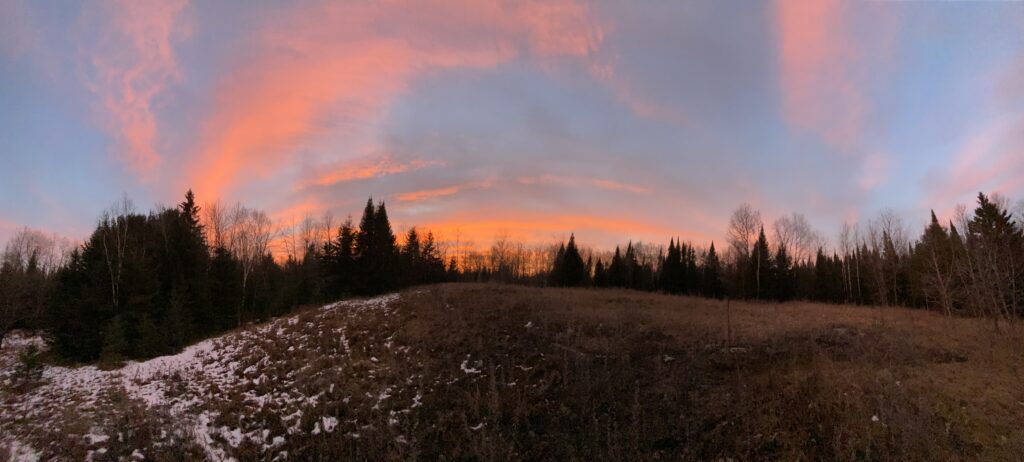Celebrating 2022 and beyond

By Nate Smelle
According to our understanding of human history, some 4,000 years ago, ancient Babylonians became the first people to celebrate the arrival of the new year. Rather than hosting a New Year's Eve bash on the last night of December as many of us do in most parts of the western world today, Babylonians held a 12-day religious festival known as Akitu in mid-March when the crops were planted.
As part of their celebration of the new year, the Babylonians crowned their king, and pledged to the Gods to pay their debts and return anything they had borrowed from their fellow community members. Over the course of time, these annual commitments have come to be considered as the first New Year's resolutions. It was believed by Babylonians that if a person kept their new year's promise, the Gods would bestow blessings on them throughout the year ahead.
There was also a tradition of celebrating the new year in ancient Rome, that began around the year 46 BC, when Romans devised a new method of keeping time by adjusting their calendar, so that the new year would begin on January 1. Naming the new month after a two-faced God they called Janus – the God of new beginnings – the Romans rang in the new year by sharing joyful greetings with others and making offerings of wine, incense, and cakes made of spelt and salt to Janus.
Residing in doorways and arches, the God Janus gazed backwards at the year behind, and forward towards the year to come; welcoming all new beginnings. In a similar fashion today, with the coming of each new year we celebrate the past by reflecting on where we came from; and the future by taking time to think about where we are going.
Since hindsight usually provides us with closer to 20/20 vision, we can easily put down on paper a fairly accurate account of what has come to pass. From there, our task of grows more difficult, since the only way to truly honour the future is by understanding the past.
Unlike the process of documenting a historic record of the previous year, employing foresight requires that we search between the lines of these accounts to find the reasons for our choices. This means asking the most challenging, never-ending question, “why?”
Although this simple one-word question only sprouts answers rooted in subjectivity, it, more than any other question is the most reliable in getting to the heart of any story. By not aiming directly at uncovering objective truths, the question “why?” always pushes our evolution forward by defining the limits of what we as humans have the potential to understand at that given moment.
Why?
Because once we have established the boundaries shaping our world, we are compelled by curiousity to ask why we do not understand what remains unknown. It is from this shared curiousity – the fuel of the most devoted community of scientists and philosophers – that we become able to express our concern for the greater good through our actions and inactions. It is here that we find our potential to learn why good will towards each other and all living things, including our home planet, is such a worthwhile endeavour for those who value their future beyond the year ahead.
Before making our New Year's pledges to Janus for 2022, it would be wise to ask why we are making these promises. More importantly, we need to ask why keeping them is so valuable to us as individuals, and to those we care about most.
Happy New Year!
|
